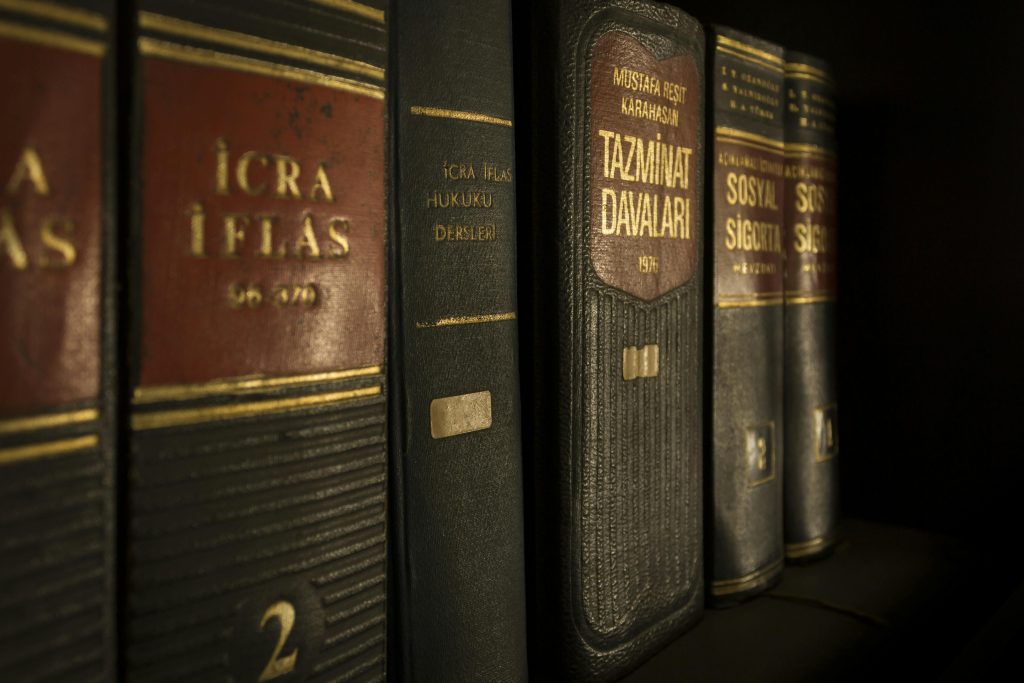 In a recent decision, the Louisiana Court of Appeal, Fifth Circuit, overturned a trial court’s ruling that had dismissed a plaintiff’s uninsured motorist (UM) claim against her insurer, USAA, based on a previous settlement with the at-fault driver’s insurance company. The case, Tonyel Singleton v. United Services Automobile Association, highlights the complexities of release agreements and the importance of considering the parties’ intent.
In a recent decision, the Louisiana Court of Appeal, Fifth Circuit, overturned a trial court’s ruling that had dismissed a plaintiff’s uninsured motorist (UM) claim against her insurer, USAA, based on a previous settlement with the at-fault driver’s insurance company. The case, Tonyel Singleton v. United Services Automobile Association, highlights the complexities of release agreements and the importance of considering the parties’ intent.
Case Background:
Tonyel Singleton was involved in a car accident and subsequently settled with the at-fault driver’s insurance company, State Farm, for their policy limits. The release agreement she signed included broad language releasing “all other persons, firms or corporations liable or, who might be claimed to be liable” from any claims related to the accident.
 Louisiana Personal Injury Lawyer Blog
Louisiana Personal Injury Lawyer Blog


 In a recent decision, the
In a recent decision, the  In a significant victory for the family of a deceased worker, the Louisiana Court of Appeal has overturned a previous ruling, ensuring they receive workers’ compensation death benefits. The case,
In a significant victory for the family of a deceased worker, the Louisiana Court of Appeal has overturned a previous ruling, ensuring they receive workers’ compensation death benefits. The case,  In a case highlighting the importance of carefully crafted real estate contracts, the Louisiana Court of Appeal, Fourth Circuit, upheld a trial court’s decision awarding stipulated damages and attorney’s fees to sellers in a failed all-cash real estate transaction.
In a case highlighting the importance of carefully crafted real estate contracts, the Louisiana Court of Appeal, Fourth Circuit, upheld a trial court’s decision awarding stipulated damages and attorney’s fees to sellers in a failed all-cash real estate transaction. In a case stemming from the aftermath of the
In a case stemming from the aftermath of the  In a stark reminder of the importance of procedural precision in the legal world, the
In a stark reminder of the importance of procedural precision in the legal world, the  In a recent decision, the
In a recent decision, the  In a recent decision by the
In a recent decision by the In a recent ruling, the
In a recent ruling, the  In a recent decision by the
In a recent decision by the